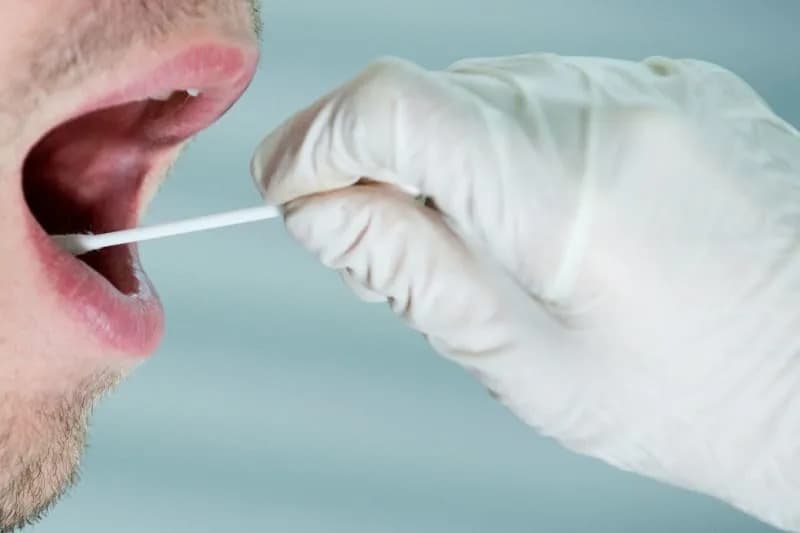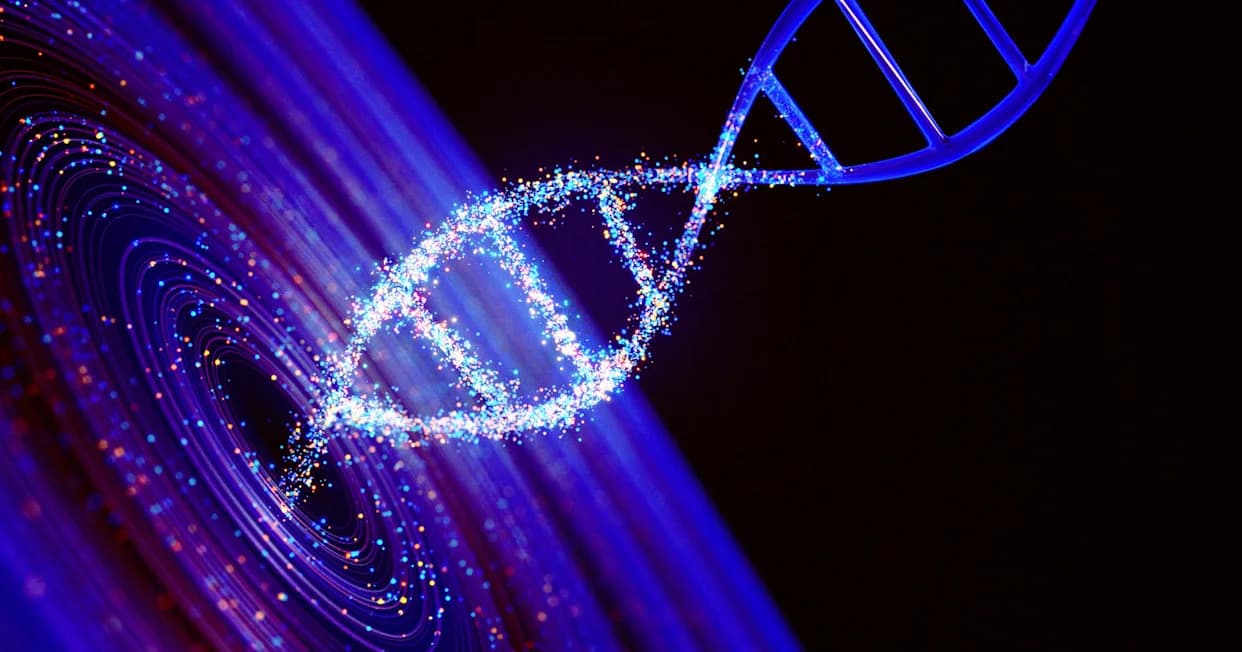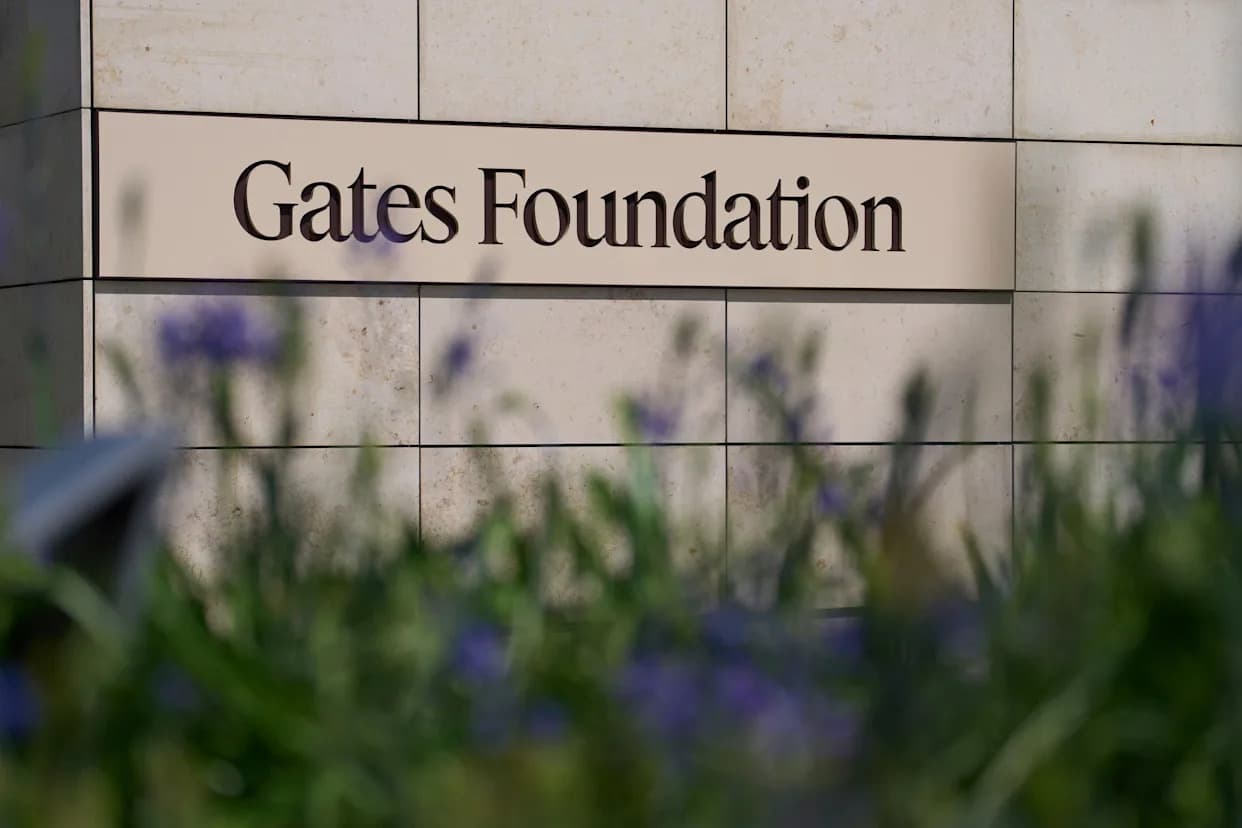The Chan Zuckerberg Initiative is redirecting its philanthropic focus to AI-powered biology by concentrating support on Biohub, a collaborative laboratory network it has backed since 2016. Biohub has partnered with EvolutionaryScale to apply AI across four major scientific challenges, including reprogramming the immune system. The organization plans to scale compute capacity to 10,000 GPUs by 2028 to accelerate research, reflecting CZI's recent strategic pivot away from several education initiatives.
Zuckerberg and Priscilla Chan Pivot Philanthropy to AI-Powered Biology, Backing Biohub’s 10,000‑GPU Plan
Zuckerberg and Priscilla Chan Redirect Philanthropy Toward AI-Driven Biology
Mark Zuckerberg and his wife, pediatrician Priscilla Chan, are refocusing their philanthropic work to accelerate scientific discovery by combining artificial intelligence with biology. The couple said they will prioritize funding for Biohub, a network of collaborative biology laboratories the Chan Zuckerberg Initiative (CZI) has supported since 2016.
New partnership and mission
On the same day the couple announced the shift, Biohub revealed a partnership with AI company EvolutionaryScale to apply advanced computational tools across multiple research areas. Biohub said the collaboration aims to "dramatically accelerate scientific progress toward understanding and addressing human disease." One major goal is to use AI to reprogram and harness the immune system for earlier detection, prevention, and treatment of illness.
“When we started, our goal was to help scientists cure or prevent all diseases this century,” Zuckerberg said in a press release. “With advances in AI, we now believe this may be possible much sooner. Accelerating science is the most positive impact we think we can make. So we're going all in on AI-powered biology for our next chapter.”
What changed and why it matters
The Chan Zuckerberg Initiative, launched in 2015, originally emphasized education, public policy, and disease research. In recent years CZI has scaled back parts of its education work — including ending education policy grants and reducing staff in that area in 2023 — and in 2024 Chan told employees that science would be the organization’s primary focus going forward.
Under the new plan, Biohub has committed to tackling four major scientific challenges and said it will expand compute capacity to 10,000 GPUs by 2028 to support AI-driven research workflows. Biohub suggested that combining large-scale computation with experimental biology could compress years — even decades — of discovery into months, helping to unlock what it calls "frontier medicine."
Scale of the commitment
Zuckerberg and Chan have pledged to give away half their wealth, a commitment that could exceed $200 billion depending on asset values. The renewed emphasis on AI-powered biology reflects their assessment that advanced computation applied to biomedical research offers the most promising return on their philanthropic investments.
Context: The initiative is notable both for its technical ambition — building substantial compute infrastructure and deploying AI in wet labs — and for signaling where one of the highest-profile philanthropic organizations in tech plans to concentrate its resources in the coming years.
Help us improve.


































